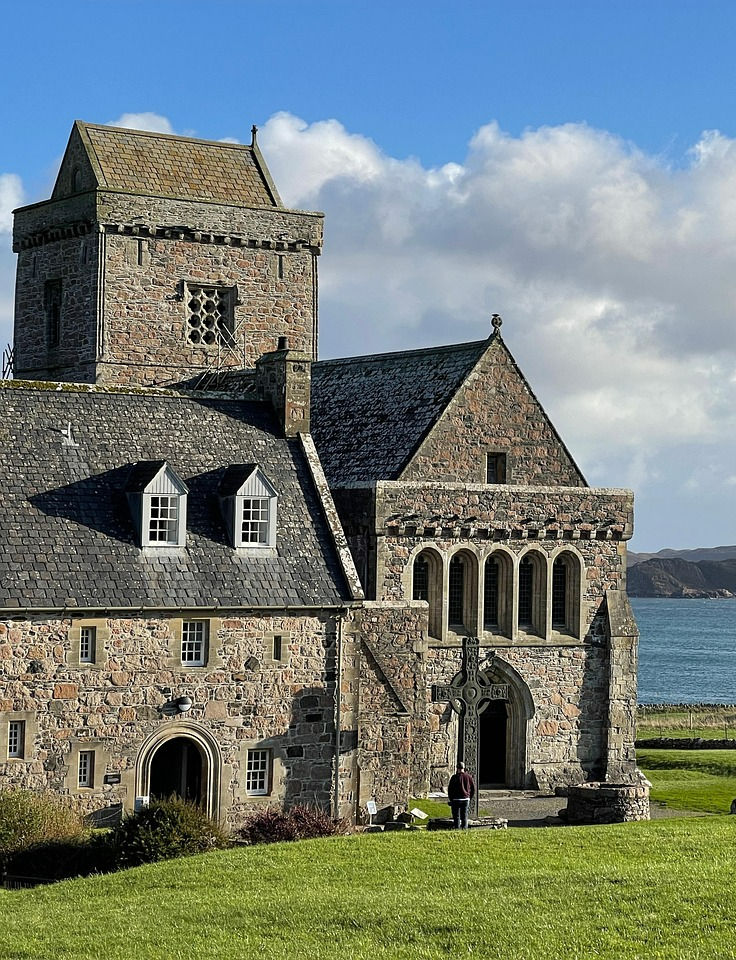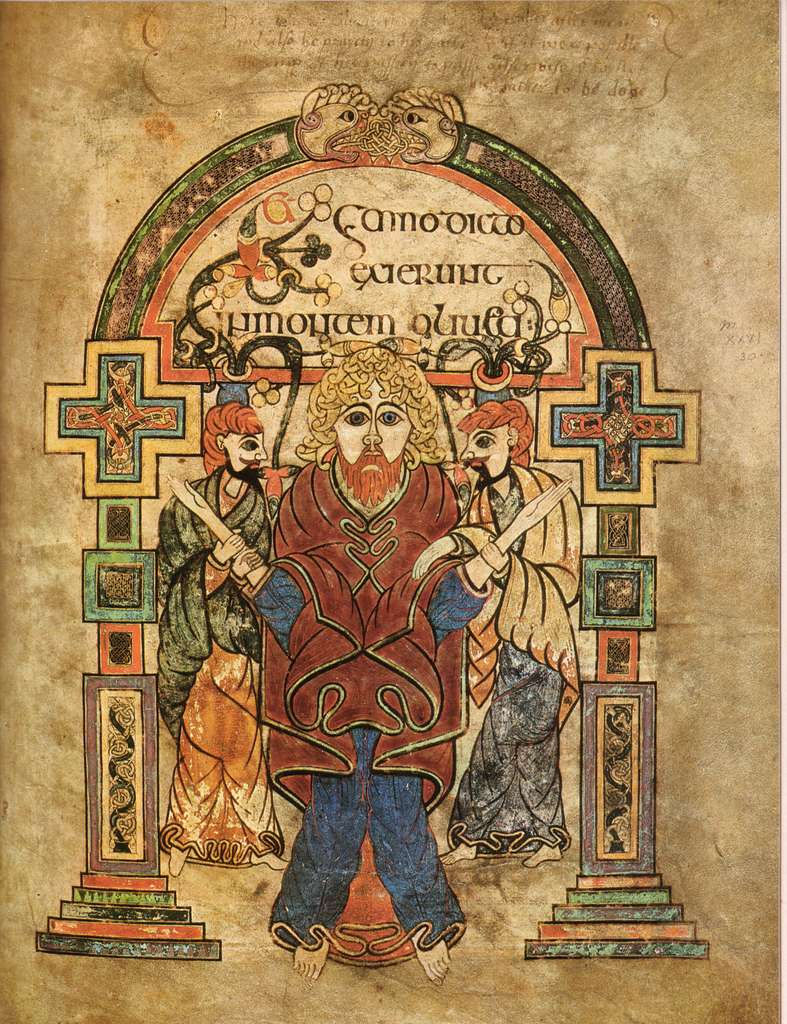Ancient Faith. Modern Community: A Place at the Table for You.
THE ALTAR CHURCH
Now Forming in the Anderson, SC, Area
We Have an Anglican Ethos
Ethos is “the characteristic spirit of a culture, era, or community as manifested in its beliefs and aspirations.” Our Anglican ethos shapes who we are, what we believe, and how we live out our mission in Christ.

What Sets Us Apart
Scripture:
We believe in the sufficiency of the Holy Scriptures—that the Bible contains all things necessary for salvation. All teaching and doctrine is “tested” by the Word of God.
We also look to Tradition, Reason, and Experience to inform us in our Christian faith and practice:
Tradition:
We honor the historic wisdom of the Church that aligns with Scripture. This includes the ancient creeds and the writings of the early Church Fathers, successors to the Apostles. When Christians differ in interpreting Scripture, tradition offers insight and clarity.
Our pastors are ordained in Apostolic Succession, a New Testament tradition that works like a 2,000-year relay race. Through the 'laying on of hands,' the same sacred mission and grace Jesus gave His Apostles is passed down to our leaders today. This 'passing of the torch' keeps us connected to our roots and the path of the early Church.
Reason:
We value God-given reason as a gift for understanding and sharing our faith. The humanities, philosophy, sciences, and social sciences can serve apologetics, enrich theology, and support Christian witness. One of the great Anglican voices, C.S. Lewis, modeled this integration of faith and reason
Experience:
We recognize the lived experience of the Church through history as another way the Spirit confirms Scripture. Christian revival movements across time testify that God desires all people to come to a personal, born-again faith in Jesus Christ. These experiences also affirm that the supernatural gifts of the Holy Spirit remain active today.
Our Worship and Life Together
•Incarnational: As the Body of Christ, the Church exists to embody and extend His ministry, mission, and presence to all people.
•Sacramental: We believe God conveys grace through visible signs and symbolic actions — Baptism, Holy Communion, Laying on of Hands, and Anointing with Oil, are some examples.
•Eucharistic: We hold a high view of Holy Communion (the Eucharist, meaning “Thanksgiving”), following the worship pattern of the earliest churches in celebrating it every Sunday.
•Flexible: We are comfortable being casual, semi-formal, or formal — depending on the occasion. Weddings may be formal, Christmas Eve semi-formal, while weekly worship may be more casual.
Our Passion
Above all, we are passionate about Jesus Christ — the one and only Lord of history. We proclaim His Gospel, celebrate His presence, and make disciples to follow Him in the power of the Holy Spirit.

The Anglican "Via Media"
"The Anglican Via Media — the Middle Way — is a journey that bridges Catholic and Protestant traditions, embracing the richness of Charismatic, Evangelical, and Pentecostal expressions in one Spirit-filled movement."
British and Welsh Biblical Orthodoxy
Many people are surprised to learn that the historic Church in England and Wales offered the greater Western Church a “middle way” during the Protestant Reformation. Rather than embracing the extremes of radical reformers, the English and Welsh Church sought to remain faithful to the Apostolic and Biblical faith. This faith had been handed down to them through the ancient Celtic Church and through Augustine of Canterbury, who arrived in 597 as the first bishop, overseer, and pastor of the English Church. By walking this middle path, they helped preserve a continuity of tradition while navigating a time of profound change.


Our Spiritual Heritage: Ancient Celtic Christian and Anglican Christian Roots
First and Second Century Roman Britain
While early traditions suggest that Christianity reached the British Isles within decades of Pentecost, it is by the end of the second century that we find definitive evidence of the faith being practiced in Britain.
Re-evangelizing The British Isles
In 536 AD, Celtic Christians led by Columba planted a mission on the Isle of Iona to reach the Picts of Scotland. Nearly a century later, in 635 AD, Aidan and his fellow missionaries established a mission center on the Isle of Lindisfarne, bringing the good news of Jesus Christ to Anglo-Saxon Britain. Their work emphasized Scripture, Spirit, Sacrament, Service, and the gifts and power of the Holy Spirit, laying the foundation for a vibrant Christian witness.
Re-Evangelizing the Post-Christian West
The courage and devotion of Columba, Aidan, and the early Celtic missionaries continue to inspire believers today. Many are now rising to the challenge of re-evangelizing parts of the Western world where the practice of the Christian faith has waned, proclaiming Christ afresh through teaching, worship, and service.



